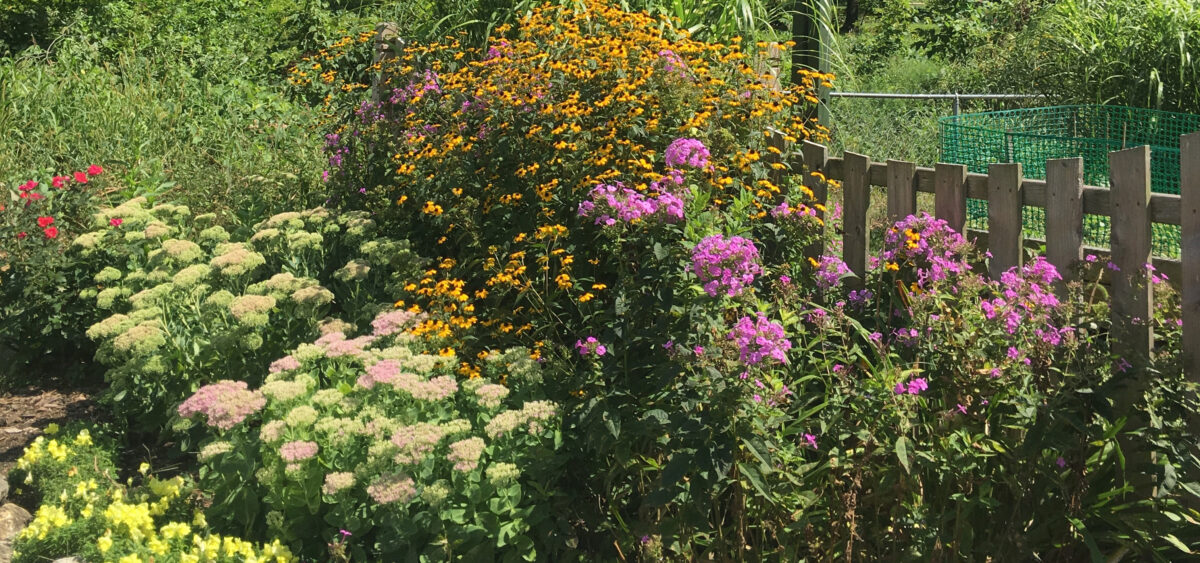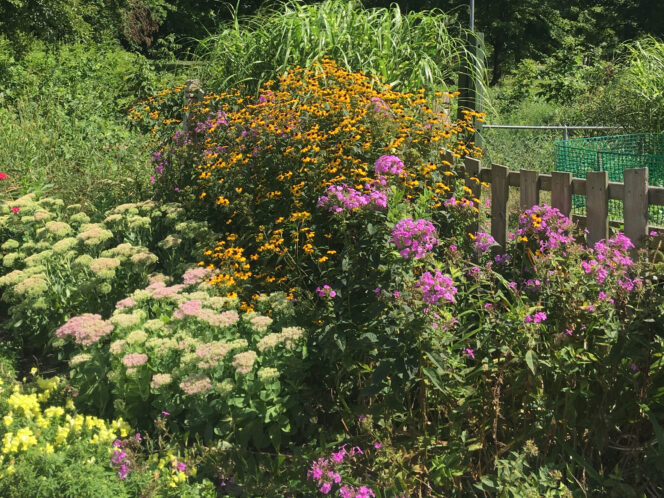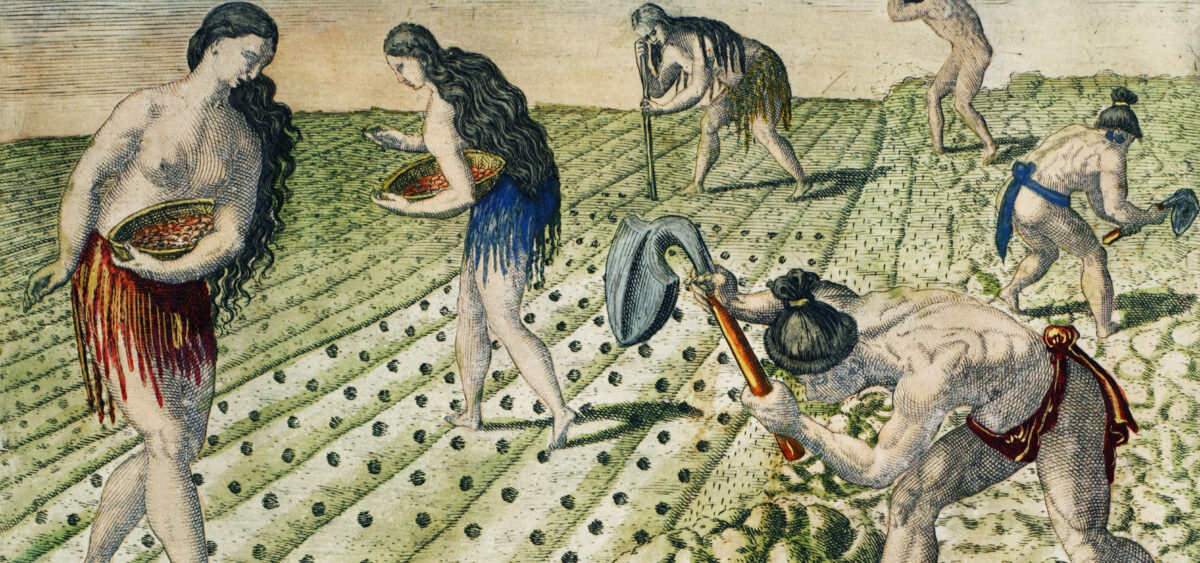
Her clinical job is supporting doctors suffering from stress and burnout. But her heart, soul, and mind have always been filled with seeds, shoots, sprouts, and buds. Over thirty years ago, Sue Stuart-Smith and her husband Tom Stuart-Smith, the celebrated garden designer, created the wonderful Barn Garden on Serge Hill in the English county of Hertfordshire.
As a psychiatrist and psychotherapist, Sue Stuart-Smith is convinced that connectedness with nature can radically improve human health, mood, and self-confidence. Her book The Well-Gardened Mind analyses the relationship between gardening and mental health. It is scientific, personal, and poetic. It has already become a bestseller—also outside the UK—and was listed as one of the thirty-seven best books of 2020 by The Times.
Anna Tatarska: Gardening, working with soil and being close to nature can do wonders for the human brain. I think it’s safe to say this assumption is the starting point of your book The Well-Gardened Mind. How exactly does nature influence us?
Sue Stuart-Smith: The first thing you have to remember is that humans evolved as hunter-gatherers. The natural world is our habitat—our brains, bodies, immune systems are tuned into certain stimuli in the natural world. When we’re completely deprived of nature, we suffer. There’s all the research—such as that conducted by Roger Ulrich—which shows how directly human bodies are linked to nature. For example, looking at green, non-threatening, beautiful landscapes, maybe with some water. What the great painters painted. For our remote forebears in pre-history, such an environment would have signaled: Green vegetation. Water. Somewhere to sleep safely. This is a good place for survival! And we still react to them in the same way. That signal is translated into our body and can be physiologically tracked—the heart rate slows down; blood pressure drops. The parasympathetic nervous system goes into relaxation, rest, and digest mode. It happens within minutes. After about thirty minutes, people’s levels of salivary cortisol starts to come down. In one experiment, they had gardeners digging in their allotment, and the comparison group








